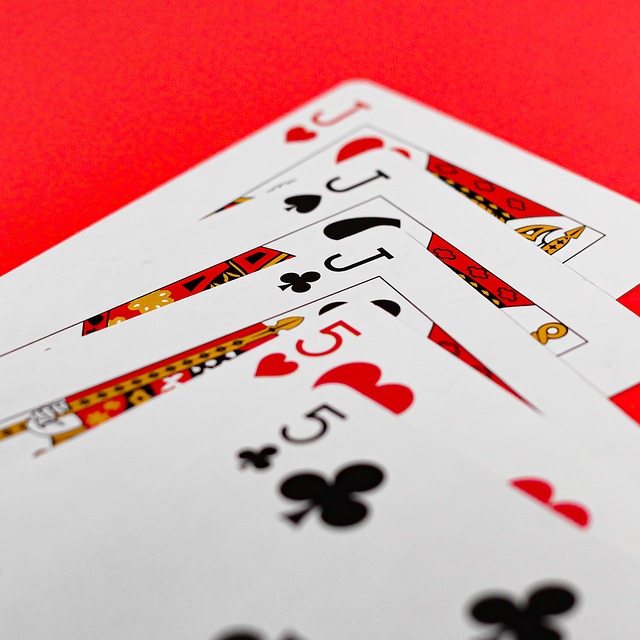The Psychology of Chasing Losses in Casino Gaming
Have you ever found yourself in a casino, chasing losses in a desperate attempt to recoup your money? If so, you’re not alone. The psychology behind chasing losses in casino gaming is a complex phenomenon that many individuals struggle with. In this article, we will delve into the reasons why people chase losses, the impact it can have on their mental health, and strategies to overcome this destructive behavior. So, sit back, relax, and let’s explore the fascinating world of psychology in the context of casino gaming.
Understanding the Urge to Chase Losses
What drives someone to continue gambling even when they are losing money? One of the main reasons behind this behavior is the concept of ‘loss aversion.’ According to behavioral economics, people are more averse to losses than they are motivated by gains. This means that the pain of losing money is more significant than the joy of winning, leading individuals to chase their losses in the hopes of breaking even.
Additionally, the adrenaline rush and excitement experienced during gambling can cloud judgment and rational thinking. This heightened emotional state can make it difficult for individuals to step back and reassess their situation objectively. As a result, they may continue to place bets in an attempt to reverse their losses, ultimately falling into a cycle of chasing losses.
The Impact of Chasing Losses on Mental Health
Chasing losses in casino gaming can have a detrimental impact on a person’s mental health. The stress and anxiety associated with financial losses can lead to feelings of guilt, shame, and low self-esteem. In severe cases, individuals may develop a gambling addiction, which can significantly impact their relationships, work performance, and overall well-being.
Research has shown that problem gambling is linked to higher rates of depression, anxiety, and other mental health disorders. The constant cycle of chasing losses and experiencing temporary highs followed by crushing lows can take a toll on a person’s psychological health, leading to a vicious cycle of self-destructive behavior.
Overcoming the Cycle of Chasing Losses
Breaking free from the cycle of chasing losses requires a multi-faceted approach that addresses both the emotional and practical aspects of gambling behavior. One effective strategy is to set clear financial limits before entering a casino and sticking to them rigorously. By establishing boundaries and self-imposed restrictions, individuals can avoid falling into the trap of chasing losses.
Furthermore, seeking support from a therapist or counselor can help individuals address the underlying emotional issues driving their gambling behavior. Cognitive-behavioral therapy (CBT) has been shown to be effective in treating problem gambling by helping individuals identify and change the negative thought patterns and behaviors that contribute to chasing losses.
Questions and Answers
Q: Is chasing losses a common behavior in casino gaming?
A: Yes, chasing losses is a prevalent behavior among casino gamblers, fueled by the desire to recoup money lost and the psychological urge to avoid losses at all costs.
Q: What are some warning signs that indicate someone is chasing losses?
A: Some red flags that may indicate someone is chasing losses include increasing bets in an attempt to recover losses, lying about their gambling habits, and experiencing mood swings related to gambling outcomes.
Q: Can seeking professional help be beneficial for individuals struggling with chasing losses?
A: Absolutely. Professional help, such as therapy and counseling, can provide individuals with the support, guidance, and tools they need to overcome their gambling addiction and develop healthier coping mechanisms.
Conclusion
In conclusion, the psychology of chasing losses in casino gaming is a fascinating yet concerning phenomenon that impacts many individuals worldwide. By understanding the underlying reasons behind this behavior and implementing effective strategies to address it, individuals can regain control over their gambling habits and improve their mental health and overall well-being. Remember, gambling should be a form of entertainment, not a means to escape financial troubles or emotional distress. Stay informed, stay aware, and gamble responsibly.







